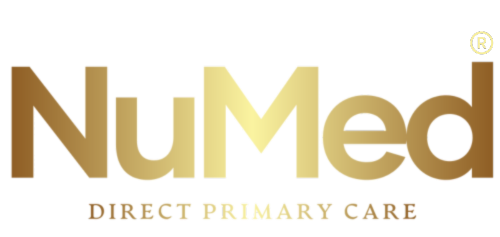The Direct Primary Care (DPC) model is a more modern and innovative approach to traditional healthcare. DPC aims to improve access to high functioning healthcare with a simple, flat, affordable membership fee without compromising personal attention.
The innovative model has a wide range of practice arrangements with common sets of characteristics, including routine care, preventive care, regular checkups and care coordination for a flat retainer fee billed to a patient every month.
Direct primary care framework, strategies and methods are different from other traditional primary care models such as concierge care that usually covers a portion of primary care services.
In today’s article we will discuss the difference between direct and traditional primary care and highlight its importance to health and wellness.
Direct Primary Care vs. Traditional Primary Care
Patient-centered care has become an integral part of medical care services in the U.S. The opportunity to spend more time with patients and streamline the interaction to ensure quality medical care is the heart of direct primary care practice settings.
The practice retainer fees generate regular and recurring revenue, allowing doctors and physicians to participate in direct primary care practices to overcome pressures associated with the traditional fee-for-service payment system.
Because physicians no longer generate revenue solely based on how many patients they see and treat per day, they have more time to spend with patients and carry out in-person interactions. This results in a true patient-first environment.
Additionally, many direct primary care practices provide a broad range of remote medical services including e-visits and tele-visits. The purpose is to ensure patients and families access the primary care services efficiently, conveniently and affordably.
The Importance of Direct Primary Care
The core aspect or benefit of the direct primary care practice model is that physicians and patients have more time to interact and be proactive regarding their health and wellness. Physicians can perform a thorough analysis, diagnosis and provide personalized treatment options to the patient.
Patients who receive personal care in the direct primary care practice can easily access immediate medical services as well as specialty services. Some advantages of going the DPC route are:
- Improved patient experience
- Enhanced clinical outcomes
- Personalized and patient-centered care
- Increased engagement with health professionals
- Optimal healthcare management
- Savings in the form of co-pays and additional out-of-pocket expenses
Moreover, direct primary care is more affordable because the entire cost goes into the payer’s monthly or yearly fee. Because DPC does not involve insurance companies and other intermediaries between the physicians and the patient, more benefits goes to the end patient.
Are You Interested in Joining the Direct Primary Care Model?
At NuMed Direct Primary Care, we are changing the way people approach their personal health care. Our services include preventative and primary care, nutrition, ancestral living, hormone replacement therapies, allergy testing, COVID testing and psychedelic medicine sessions.
We’ve eliminated the complexities and high costs of traditional insurance providers so we can focus on you and your health.Schedule a call with us to learn more and to see if NuMed DPC is right for you!
















